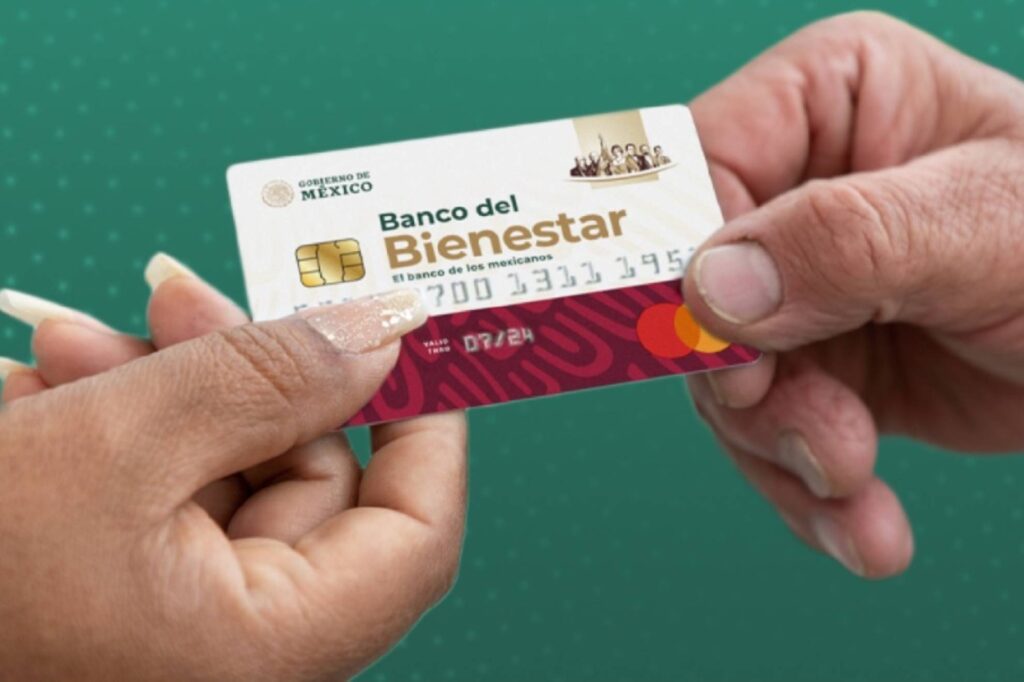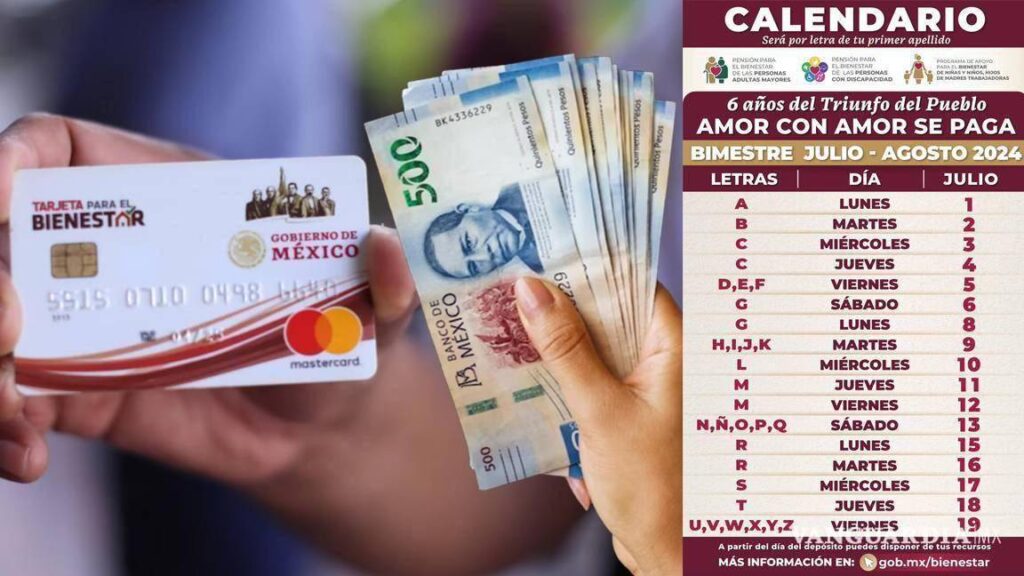Safety Tips
Protecting your personal and financial information is essential when accessing receivables. Here are some important recommendations:
- Check the authenticity of the site: Always access the Central Bank's official website by typing the address directly into your browser, avoiding links in unsolicited e-mails or messages.
- Protect your personal informationNever share sensitive data, such as passwords or account numbers, with anyone other than the official financial institution.
- Keep your device safeUse an up-to-date antivirus and keep your operating system and browser up-to-date to protect against online threats.
- Be wary of unsolicited contact: The Central Bank does not request personal information by telephone, e-mail or text message. Please confirm the identity of anyone you contact before sharing information.
- Update your contact information regularly: Keep your details up to date with financial institutions to receive important communications.
- Avoid public Wi-Fi networksAvoid accessing financial information on public Wi-Fi networks, as they may be vulnerable to attack.
These measures ensure greater security when consulting and recovering forgotten valuables, minimizing security risks.
Economic Impact of Receivables
The recovery of forgotten valuables has positive economic effects, both for people and for the financial system. Some of these impacts include:
- Increased LiquidityBy recovering these amounts, people and companies gain additional liquidity, which can be used for consumption or investment.
- Reducing Financial InactivityRedemption of idle amounts in inactive accounts improves economic efficiency by reducing the amount of idle money.
- Promoting Consumption and InvestmentWith the money recovered, many tend to consume goods and services or invest, which contributes to economic growth.
- Transparency and reliabilityA system for recovering forgotten valuables strengthens transparency and trust in the financial sector by promoting responsible practices.


